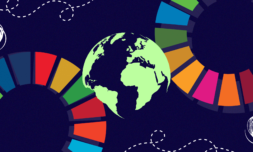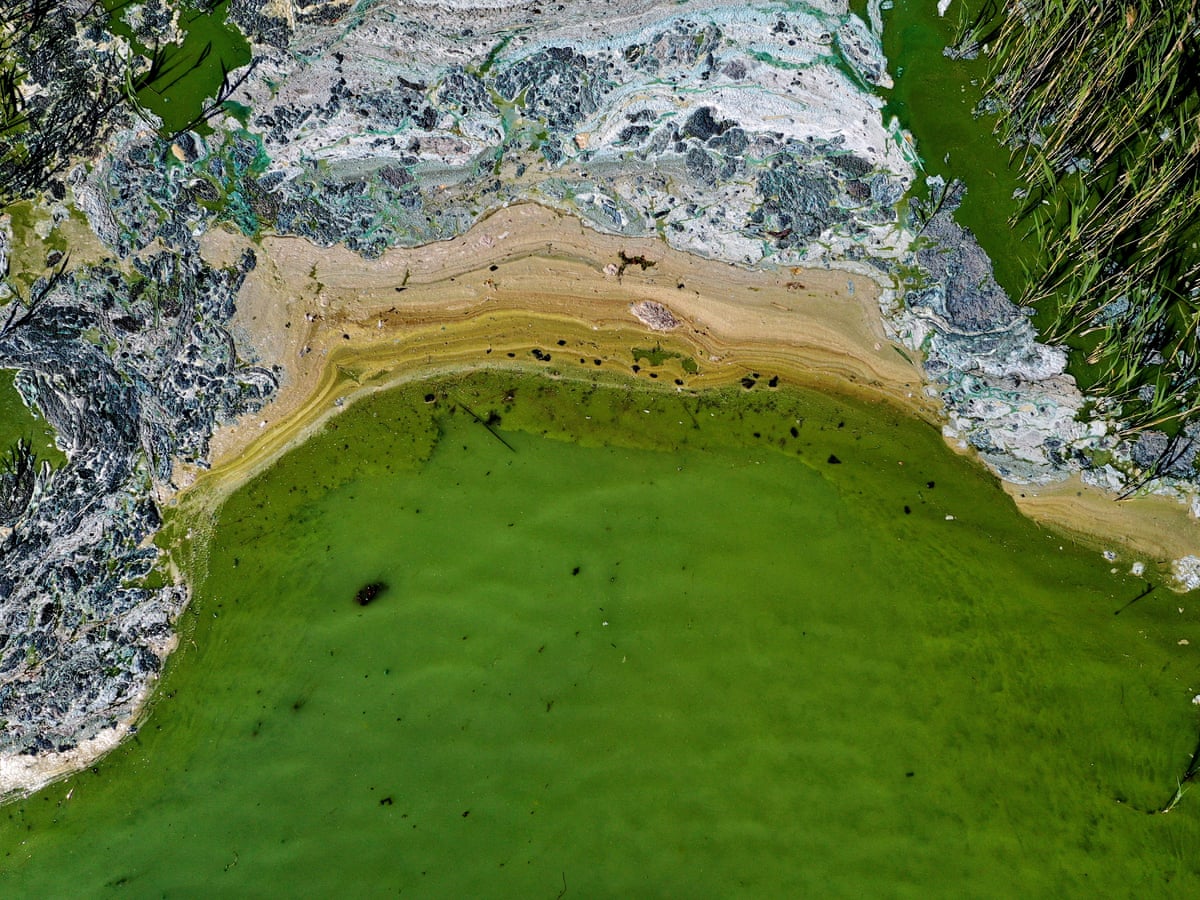Not only is global mismanagement of phosphorous depleting reserves vital to food production, but the element’s profligate use is also adding to the climate crisis.
‘To put it simply, there is no life on Earth without phosphorus,’ says Professor Penny Johnes, who teaches biogeochemistry at the University of Bristol.
The element, which was discovered in 1669 and has since proved to be essential to humanity’s survival, is currently the focus of some scientists’ concerns about the future of our planet.
As they warn, we’re looking at a calamity they’ve termed ‘phosphogeddon’ if we don’t urgently adapt the way we use phosphorous.
This is due to two factors.
Firstly, global mismanagement of phosphorous is leading to deadly shortages of fertilisers that would disrupt food production around the world.


For the unfamiliar, the nutrient’s importance lies in its ability to aid crop growth.
Every year, approximately 50 million tonnes of phosphate supplies are sold to play a role in feeding our population of 8 billion and counting.
If the already limited number of reserves (located in Morocco, the western Sahara, China, Algeria, and the US) were to be depleted entirely, many nations would be left struggling to obtain enough to provide for their citizens.
The prospect of the strain this will cause has raised fears amongst analysts, who worry that cartels could soon control most of the world’s supplies and leave the West extremely vulnerable to soaring inflation and high unemployment – akin to the oil crisis of the 1970s.





















